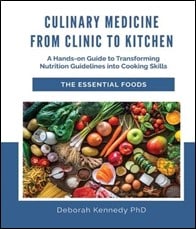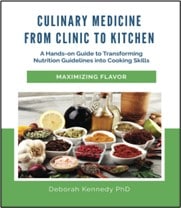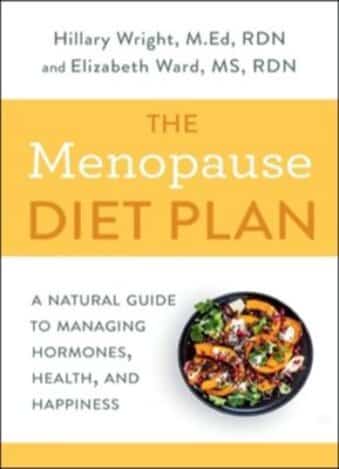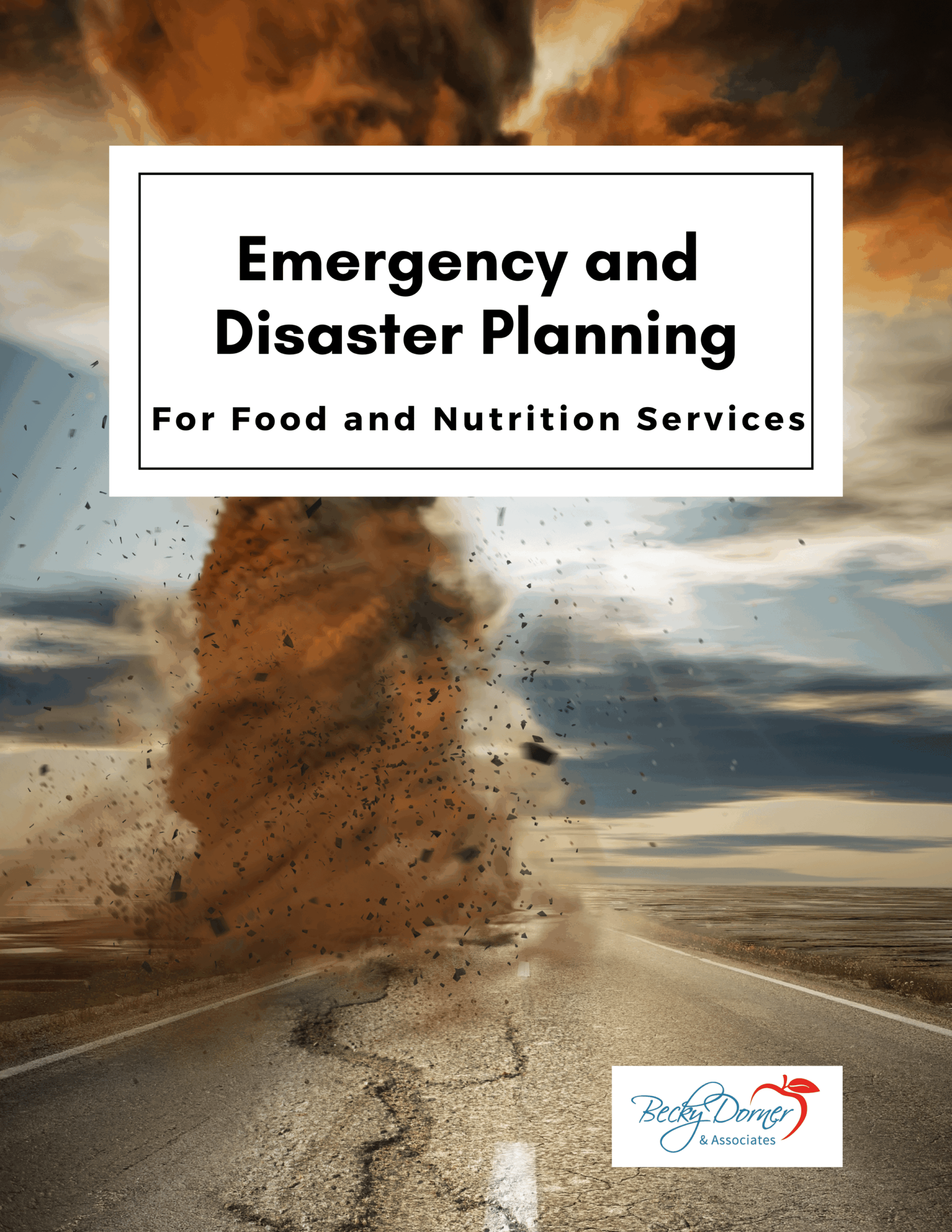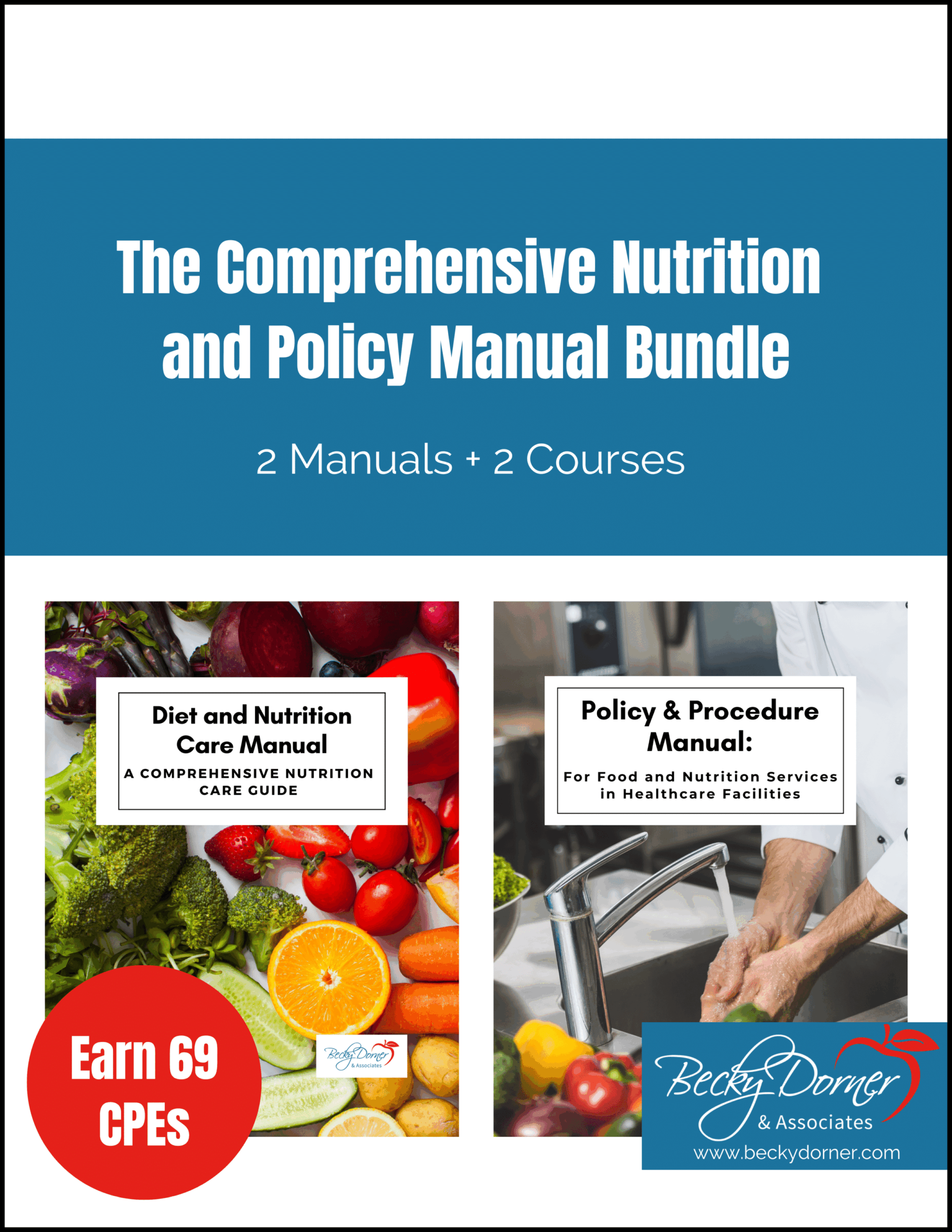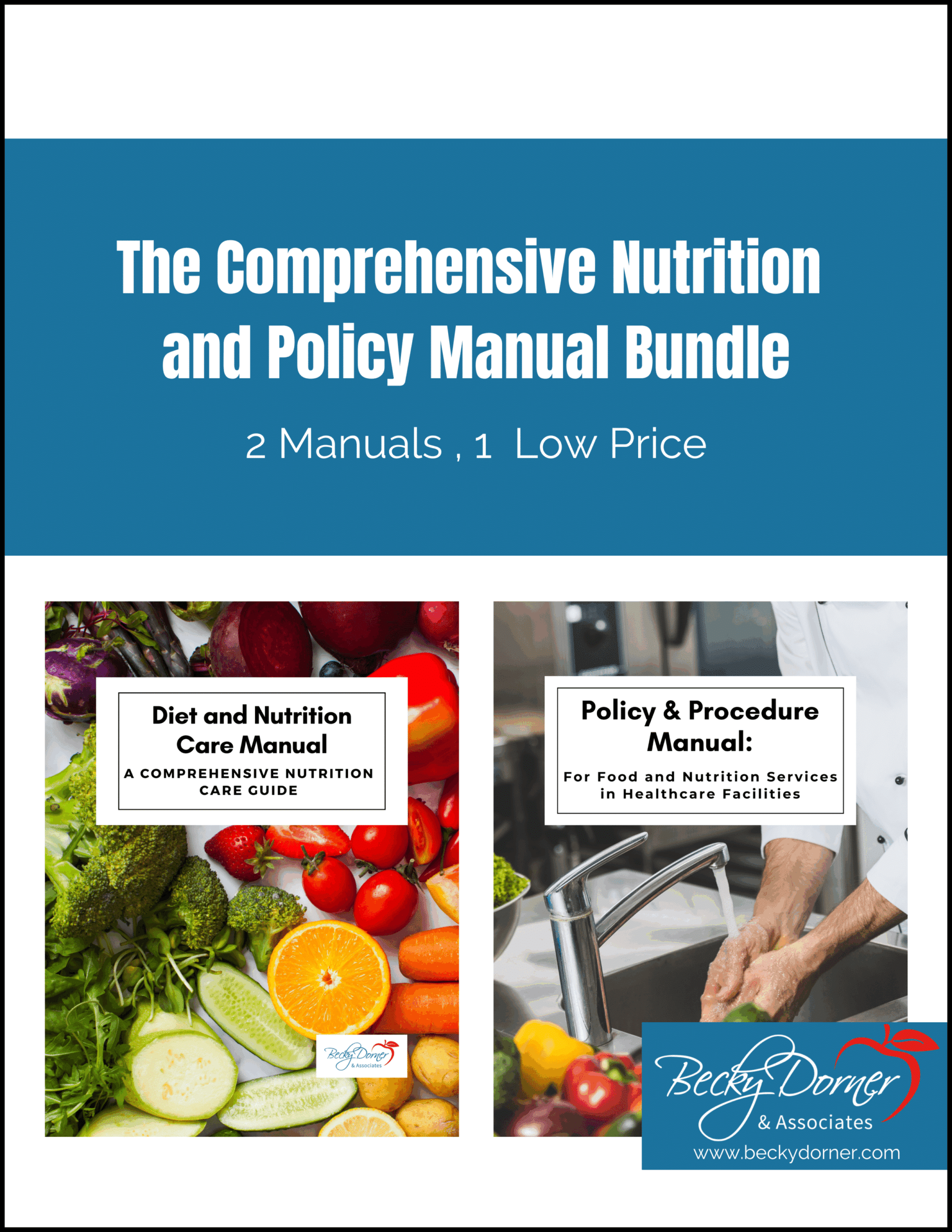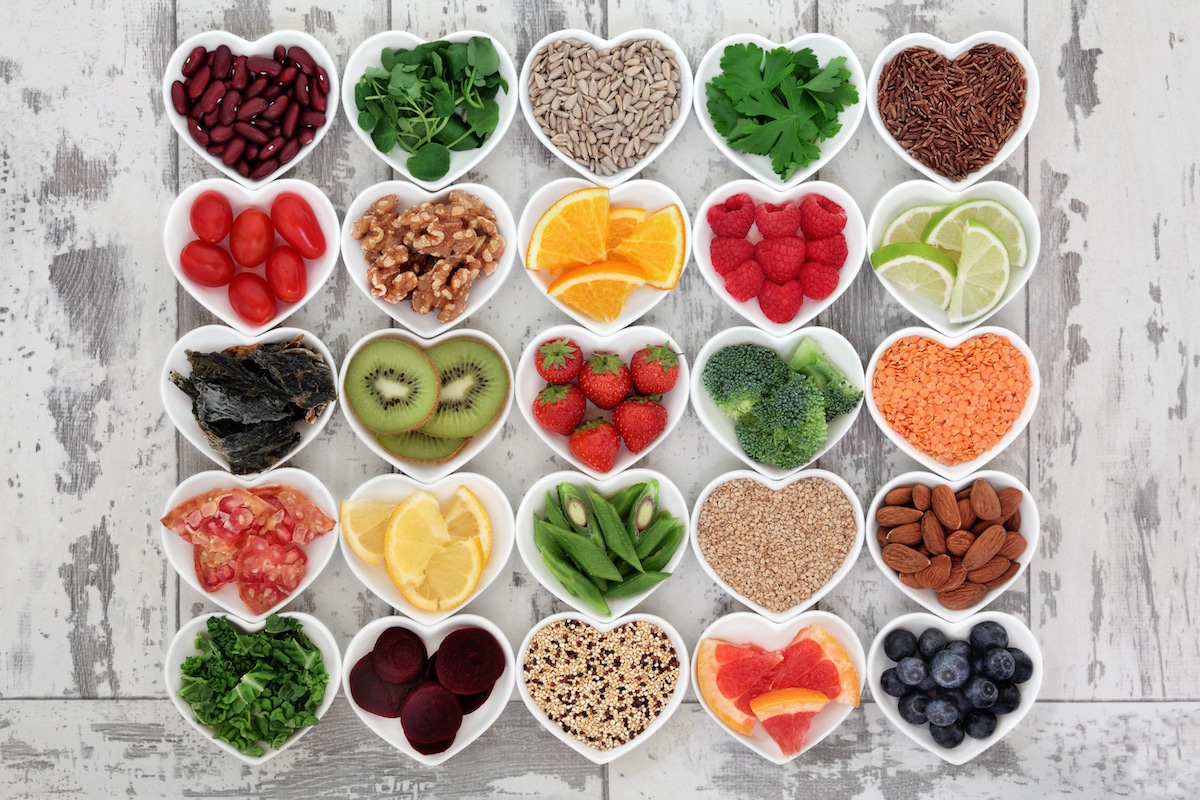
Janelle is a 59-year-old woman who is concerned about her risk for cardiovascular disease (CVD). Her mother died at age 61 from a heart attack, and even though Janelle is relatively healthy, her LDL cholesterol is above the acceptable range. Janelle searched online for dietary guidance to help maintain her health, but the information she found was conflicting. Determined to find answers, she makes an appointment with Becca, a registered dietitian nutritionist (RDN), to clear up her confusion about healthy eating and prevention of cardiovascular disease.
Low-carb, High-protein and Ketogenic Diets
Interest in the relationship between saturated fat and heart disease has gained steam by the popularity of low-carb, high-protein and ketogenic diets that are high in animal products containing saturated fat. Proponents of these diets often minimize their health risks and cite studies that downplay the relationship between CVD and saturated fat. Despite those claims, evidence indicates that dietary patterns that focus on low carbohydrate, high animal fat and high protein intake are associated with an increased cardiac and non-cardiac mortality rate (1). A 2021 Scientific Statement on Dietary Guidance to Improve Cardiovascular Health from the American Heart Association (AHA) reviewed the research and answered any remaining questions on the subject, stating “there is insufficient evidence to support any existing popular or fad diets such as the ketogenic diet to promote heart health” (2).
The 2021 Scientific Statement also concluded that diets low in saturated fats and rich in unsaturated fat were associated with a lower risk of cardiovascular disease, diabetes, and other causes of death (2). That is the decades old conventional wisdom that still holds true.
Coconut Oil
Despite the fact that coconut oil is 92% saturated fat (3), it has been hyped as “heart healthy” in recent years. Some suggest that the type of fatty acid chains it contains (medium chain triglycerides) make it more heart-healthy than other forms of saturated fat. Studies do suggest that coconut oil will increase HDL-cholesterol, but it has also been noted to raise LDL-cholesterol in some studies (4,5). There is no convincing evidence based on current (limited, low-quality) research that coconut oil, as opposed to unsaturated fats, reduces CVD risk (3). According to the 2021 AHA Scientific Statement, “coconut oil raises LDL cholesterol, with little evidence of positive health benefits” (2).
Dietary Cholesterol
Historically, foods high in dietary cholesterol have been linked to elevated blood lipids and cardiovascular disease risk. Evidence from observational studies conducted in several countries does not indicate a significant association between dietary cholesterol and cardiovascular disease risk (6). However, a positive relationship between dietary cholesterol and LDL cholesterol concentrations has been documented (2).
The focus on dietary cholesterol has decreased over time, mainly because foods high in cholesterol are also high in saturated fat. Decreasing saturated fat intake will also result in decreased intake of cholesterol.
Eating to Reduce Risk of CVD
An eating pattern such as the Mediterranean Diet or the DASH eating plan that emphasizes intake of vegetables, fruits, legumes, nuts, whole grains and fish and minimizes intake of trans fats, red meat, processed meats, refined carbohydrates, and sweetened beverages is the best way to reduce an individual’s risk for heart disease (2). A well-planned vegetarian diet that limits foods high in saturated fat is another good option. These types of eating patterns are recommended for overall good health (and CVD prevention) because they are naturally low in saturated fat and dietary cholesterol, and high in dietary fiber, nutrients (vitamins, minerals) and healthy fats (7).
One recent focus of healthy eating has been on limiting ultra-processed foods because of their relationship to risk of type 2 diabetes, incident CVD, and all-cause mortality (2). Ultra-processed foods typically incorporate salt, sweeteners, or fat as well as artificial colors and flavors and preservatives that promote shelf stability, preserve texture, and increase palatability (2). They may also contain food components rarely used in kitchens, such as high-fructose corn syrup or hydrolyzed proteins (8). Unprocessed or minimally processed foods are preferable choices for good health (2,8).
Success for Janelle!
Becca emphasizes to Janelle that good nutrition advice is backed up by a body of evidence over time. Janelle learns that reducing saturated fat in her diet is one key to reducing her risk for CVD, but that a healthy eating pattern emphasizing plant-based foods and using fewer ultra-processed foods is just as important. Janelle sets goals for incremental changes in her diet and is delighted that she can move forward knowing that she is making the best food choices for her heart health. Subsequent blood lipid levels indicate that Janelle is on the right track to reduce her risk for CVD.
Originally published January 31, 2020.
References
-
Arnett DK, Blumenthal RS, Albert MA, et al. 2019 ACC/AHA Guideline on the Primary Prevention of Cardiovascular Disease: A Report of the American College of Cardiology/American Heart Association Task Force on Clinical Practice Guidelines. Circulation. 2019;140:e596-e646. Doi:10.1161/CIR.0000000000000678.
-
Lichenstein AH, Appel LJ, Vadiveloo M, et al. 2021 Dietary Guidance to Improve Cardiovascular Health: A Scientific Statement from the American Heart Association. Circulation. 2021;144e472-e487. https://doi.org/10.1161/CIR.0000000000001031.
-
Eyers L, Eyers MF, Chisholm A, Brown RC. Coconut oil consumption and cardiovascular risk factors in humans. Nutrition Rev. 74(4):267-280; 2016. doi: 10.1093/nutrit/nuw002.
-
Shmerling RH. Coconut Oil: Heart Healthy or Just Hype? Harvard Health Publishing web site. https://www.health.harvard.edu/heart-disease-overview/coconut-oil-heart-healthy-or-just-hype. October 2020. Accessed May 12, 2022.
-
Teng M, Zhao YJ, Khoo AL, et al. Impact of coconut oil consumption on cardiovascular health: a systematic review and meta-analysis. Nutr Rev. 2020;78(3):249-259. doi:1093/nutrit/nuz074.
-
Carson JS, Lichtenstein AH, Anderson CM, et al. AHA Science Advisory: Dietary cholesterol and cardiovascular risk. Circulation.2020;141:e39–e53109;doi. 10.1161/CIR.0000000000000743.
-
2020-2025 Dietary Guidelines for Americans. Office of Disease Prevention and Health Promotion website. https://www.dietaryguidelines.gov/sites/default/files/2021-03/Dietary_Guidelines_for_Americans-2020-2025.pdf. Accessed May 12, 2022.
-
Monteiro CA, Cannon G, Levy RB et al. Ultra-processed foods: what they are and how to identify them. Public Health Nutr. 2019;22(5):936-941. doi: 10.1017/S1368980018003762.

